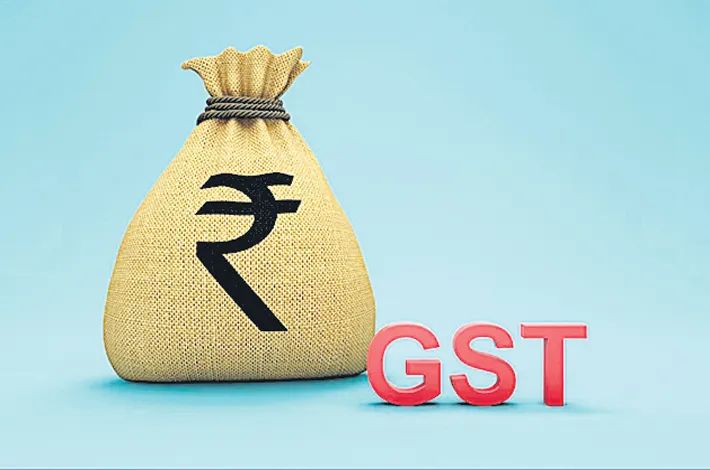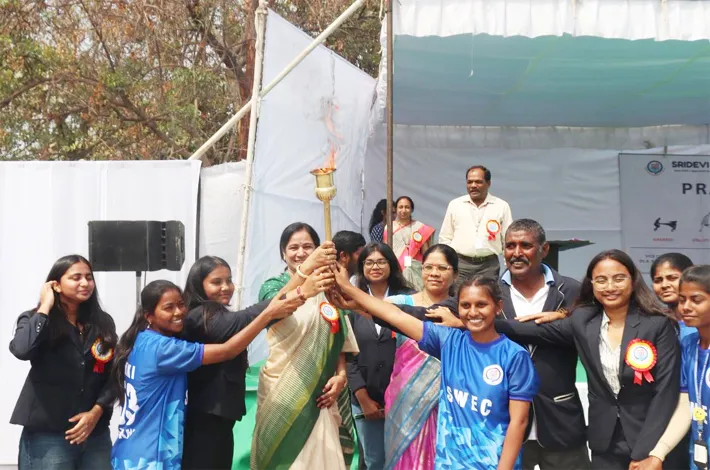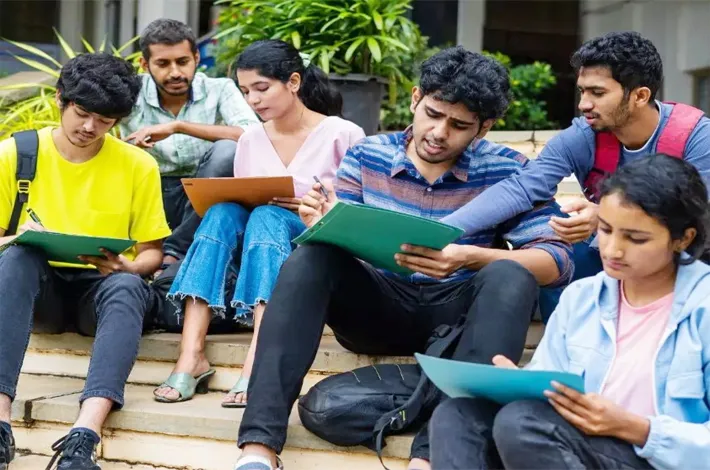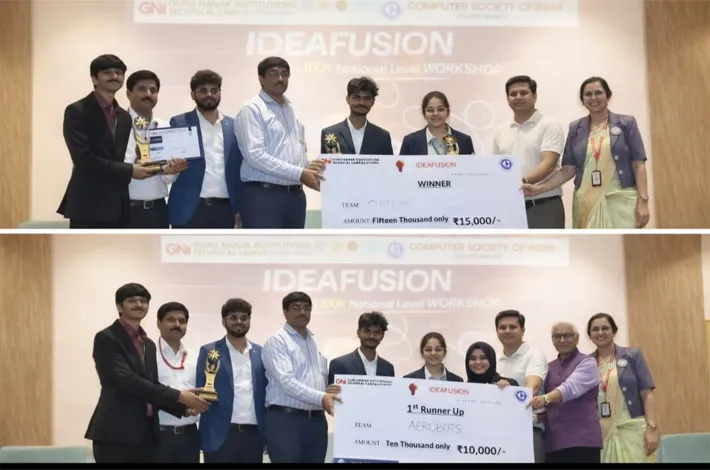Telangana backs balanced GST reforms
22-08-2025 12:00:00 AM

- Tate rationalisation must not compromise the financial stability of states
- The state suggested continuing the existing compensation cess, with the collected amount fully allocated to the respective states
- If the cess is discontinued, GST rates on sin or luxury goods could be increased to their current levels, with the additional revenue distributed to states
Telangana has expressed strong support for the proposed Goods and Services Tax (GST) rate rationalisation, advocating for a balanced approach that reduces the tax burden on citizens while safeguarding state revenues. Deputy Chief Minister and Finance Minister Mallu Bhatti Vikramarka represented the state at the Group of Ministers (GoM) meeting on GST rate rationalisation in New Delhi, convened by the GST Council to review tax slabs and rates.
Vikramarka emphasised that while rate rationalisation is a welcome step to ease the tax burden on ordinary taxpayers, it must not compromise the financial stability of states. He highlighted that when GST was introduced, states were assured a 14% annual revenue growth. To address any shortfall, a compensation cess was implemented for five years to stabilise this growth. However, current state revenue growth lingers at 8-9%, falling short of the promised target. Without a proper compensation mechanism, welfare schemes for the poor and middle class, as well as critical infrastructure projects, could face significant setbacks.
To address this, Telangana proposed two solutions. First, the state suggested continuing the existing compensation cess, with the collected amount fully allocated to the respective states. Alternatively, if the cess is discontinued, GST rates on sin or luxury goods could be increased to their current levels, with the additional revenue distributed to states. This dual approach aims to reduce the tax burden on common citizens while ensuring states have the funds to sustain welfare and development initiatives.
Vikramarka also pointed out disparities in revenue devolution, noting that southern states, such as Telangana, Karnataka, and Tamil Nadu, receive a lower share of national revenues compared to their contributions. He cautioned that isolated rate rationalisation proposals could lead to negative revenue growth for states, further straining their ability to deliver on public welfare and projects.
Telangana’s stance reflects a commitment to equitable GST reforms that prioritise both taxpayer relief and state financial stability. By advocating for a robust compensation mechanism, the state aims to ensure ongoing support for its citizens while contributing to national economic objectives.
Telangana advocates for GST Exemption on Insurance with safeguards A day earlier, Bhatti Vikramarka Mallu attended the Group of Ministers (GoM) meeting in New Delhi to discuss GST exemptions on life and health insurance. Welcoming the proposal for GST exemption on Insurance,
Bhatti emphasised that exemptions must benefit the public, not just boost insurance companies’ profits, and urged a policy to ensure this. He noted that Telangana already provides insurance to 95 lakh families. Vikramarka supported removing the 12% GST slab but cautioned that proposed rate hikes on other goods/services need a thorough review to protect state revenues.
He suggested referring these proposals to the GoM for comprehensive analysis, advocating for increased state representation in the GoM to reflect diverse perspectives.








